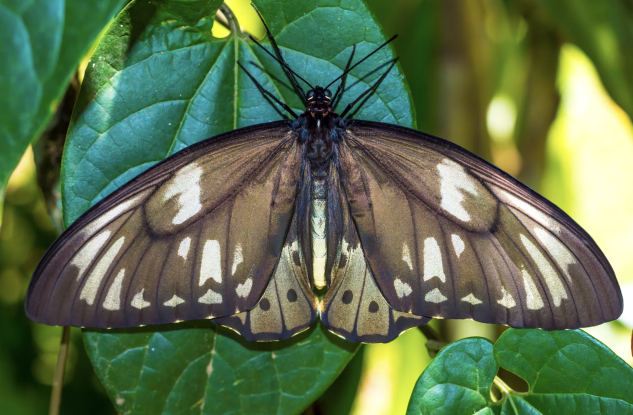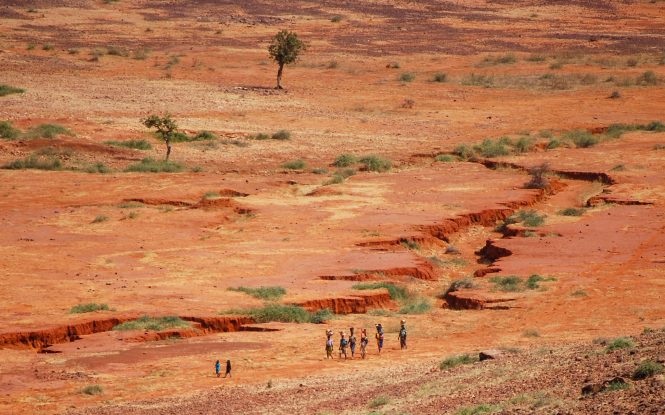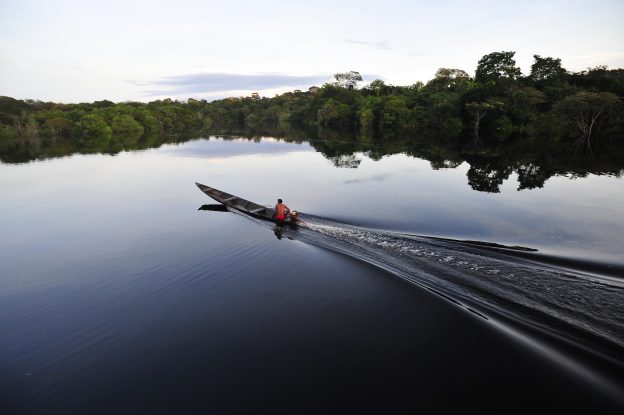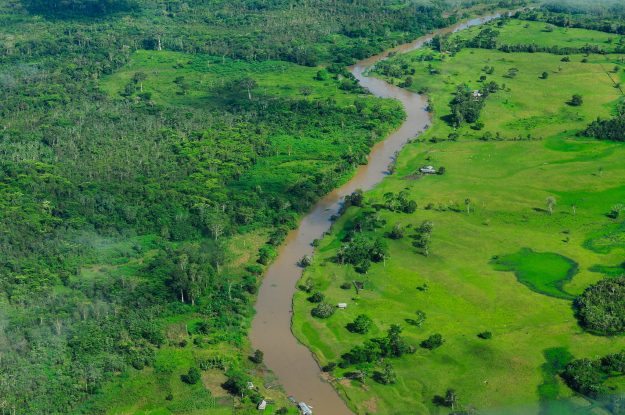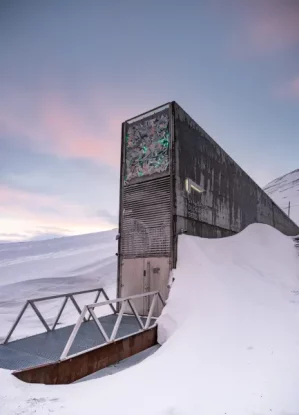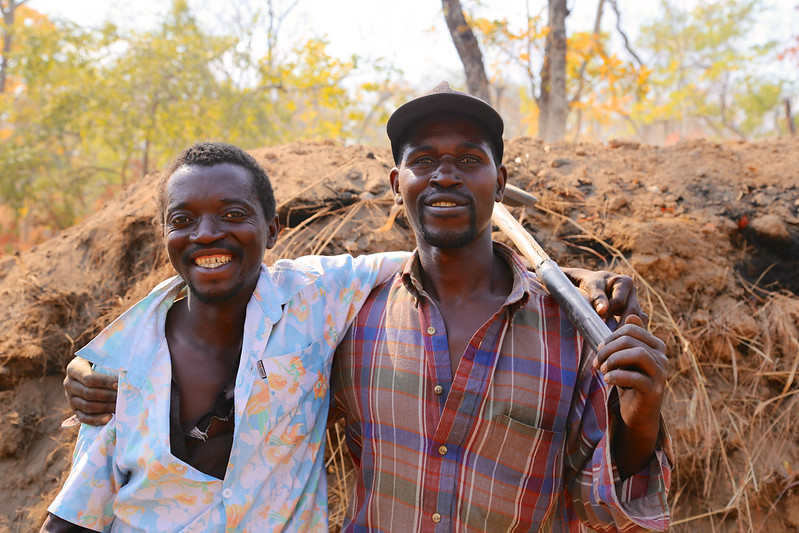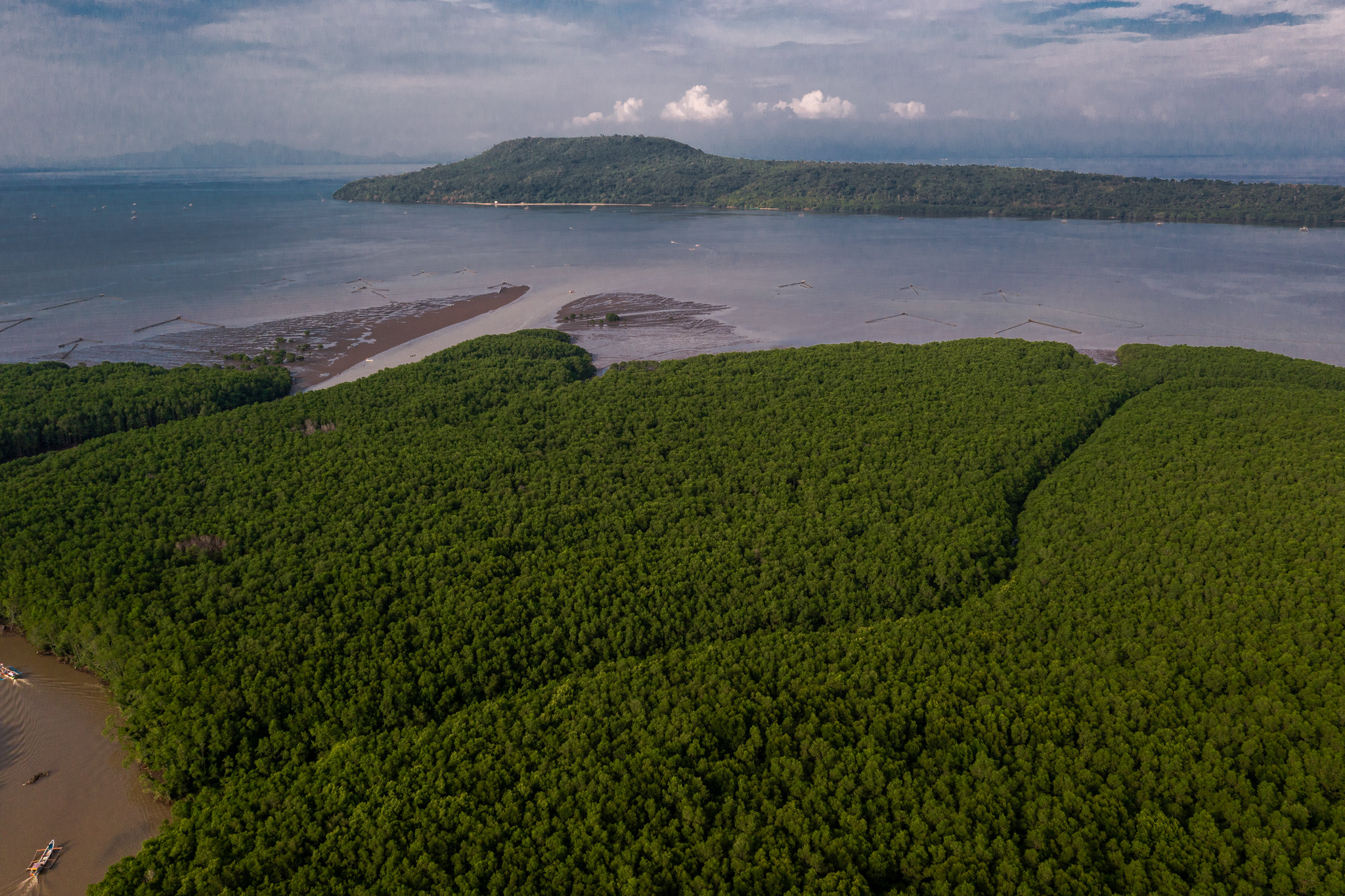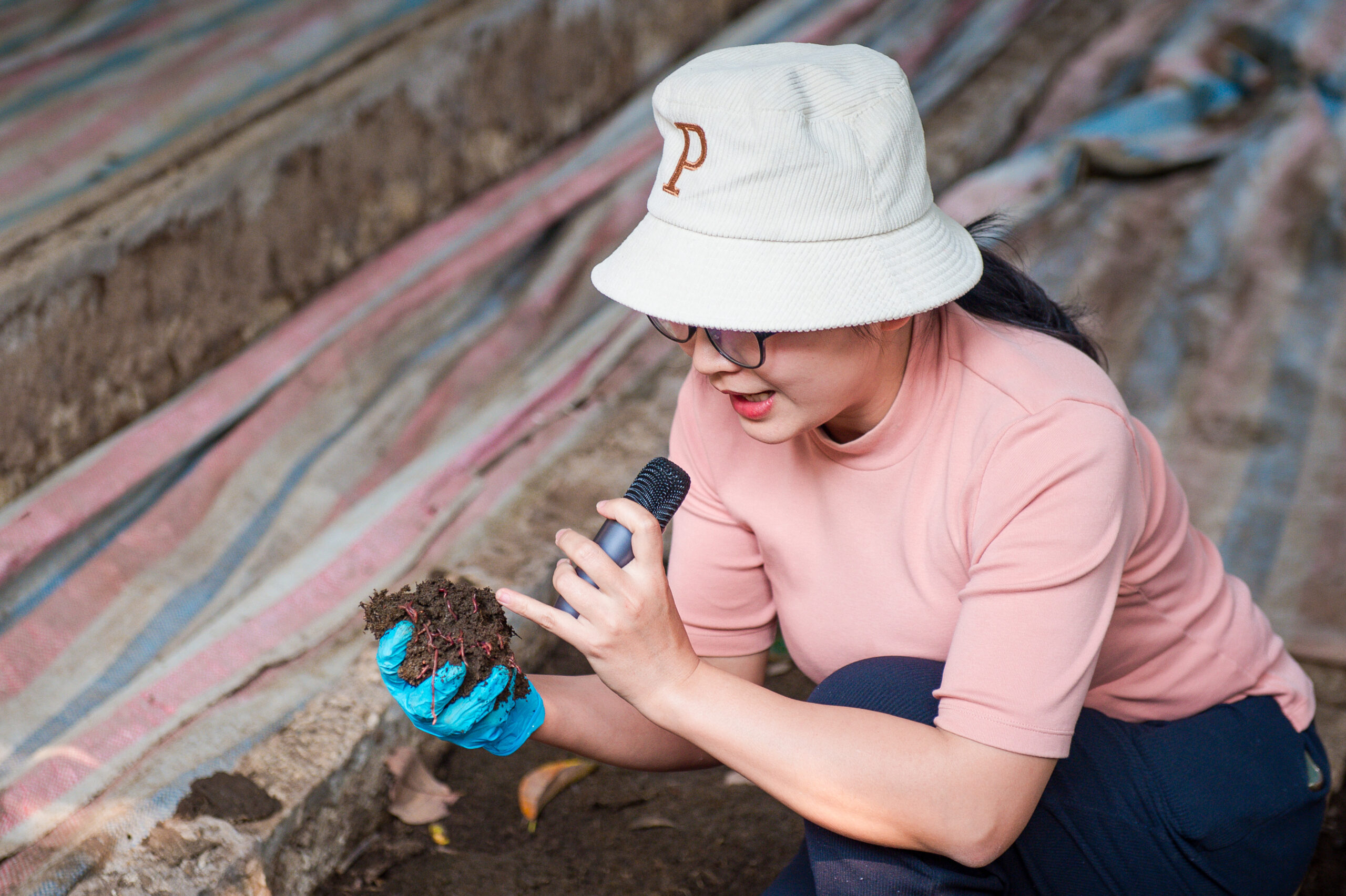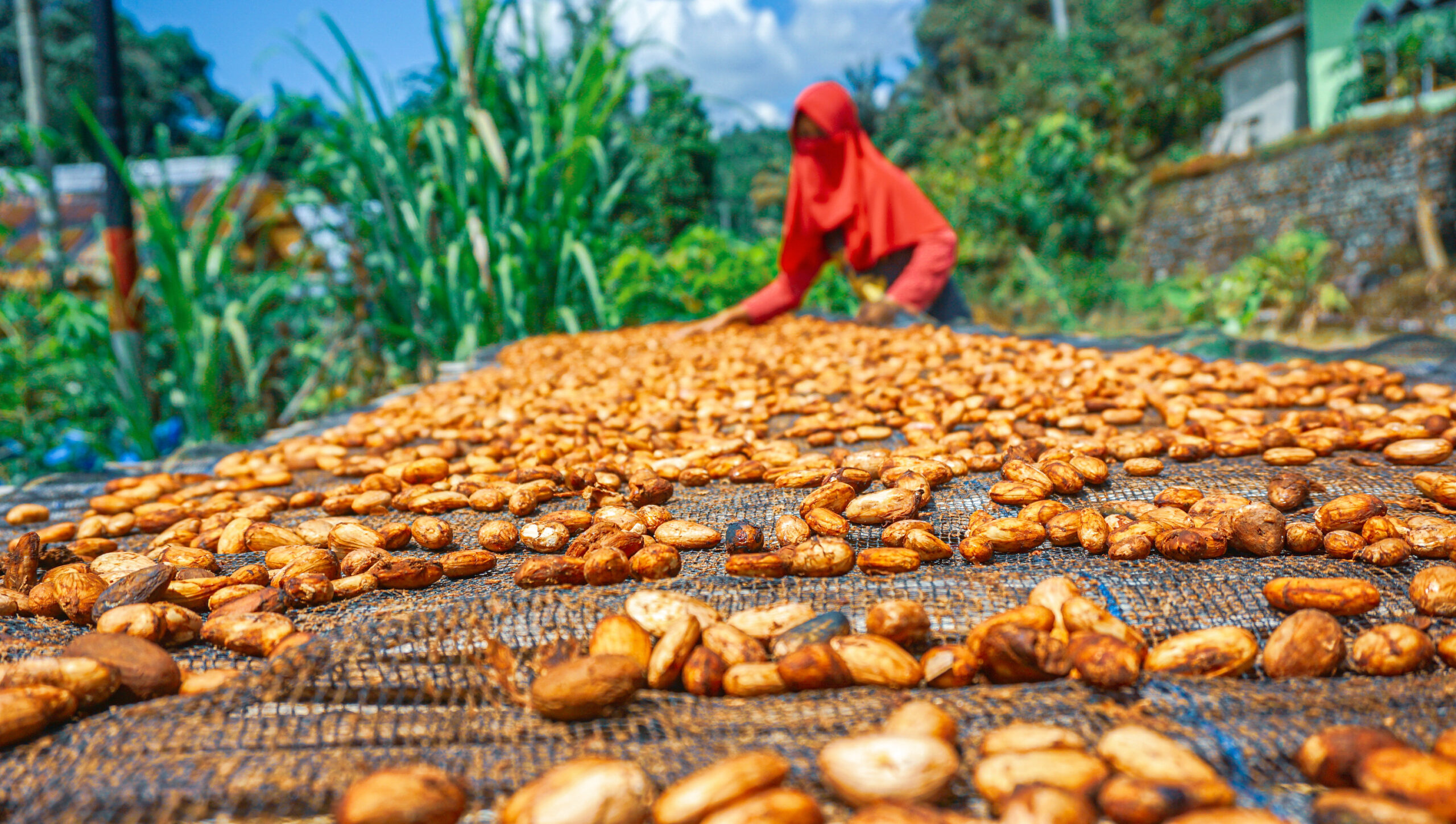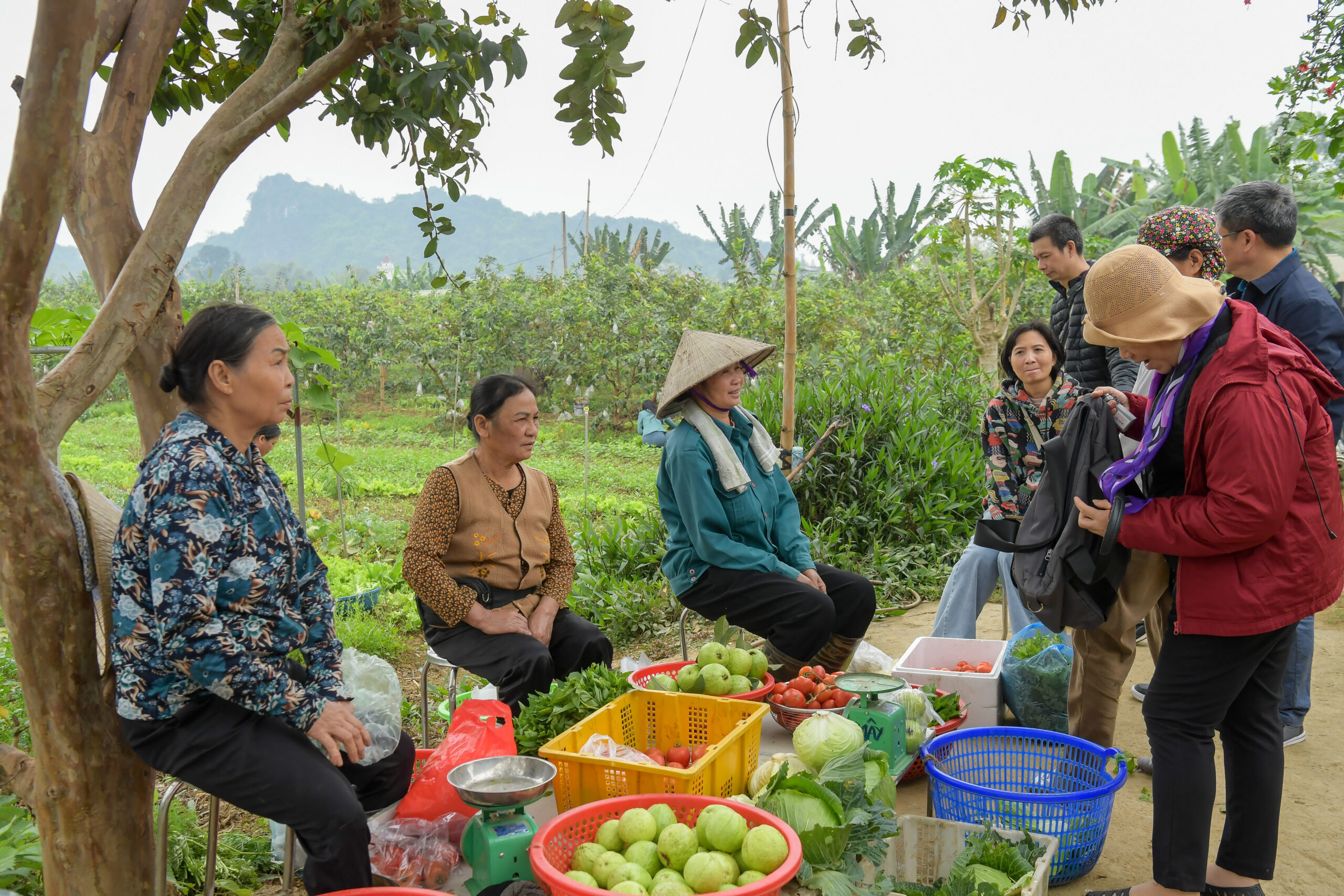In Zambia’s Southern Province lies Kalomo district, home to more than 160,000 people. Sitting between a forest reserve and one of the biggest national parks in Africa, Kalomo plays a significant role in biodiversity conservation and local livelihoods. It is no surprise, therefore, that Kalomo has various stakeholders with different, and sometimes competing, interests.
“Crop farmers and livestock owners have one set of concerns; meanwhile, some communities, searching for productive land, are moving from the margins of the forest reserve to settle inside its boundaries,” says Freddie Siangulube, a forestry officer at the Ministry of Lands and Natural Resources and a Ph.D. candidate at the Amsterdam Institute For Social Science Research.
The result, some experts say, has been high levels of deforestation, silting of rivers, insufficient pasture for grazing, as well as other types of conflicts.
This is where COLANDS – which stands for Collaborating to Operationalise Landscape Approaches for Nature, Development and Sustainability – comes in: where scientists, alongside various stakeholders, learn how to apply tools to better govern the landscape, resolve often-bitter land-use disagreements, and support sustainable resource use as well as fulfill environmental and biodiversity goals.
The podcast episode features three representatives of the next-generation of scientists, Ph.D. students all working within the COLANDS team: Freddie Siangulube, Alida O’Connor and Malaika Yanou. They share their experiences in an effort to bring together various actors in Zambia and other project sites in search of a better balance between development and nature conservation.
COLANDS aims to connect various stakeholders with different interests to achieve shared goals. A five-year program in Ghana, Zambia and Indonesia, it attempts to understand how landscape approaches can contribute to resolving competing land-use challenges in order to reconcile livelihood, environmental and biodiversity goals.
